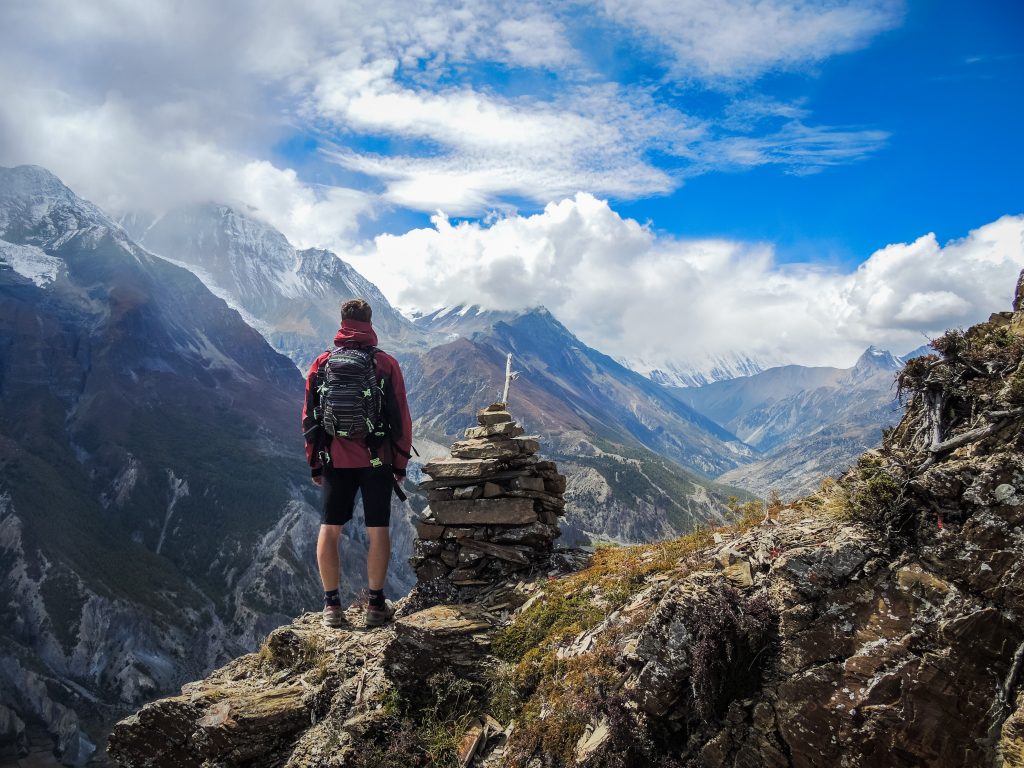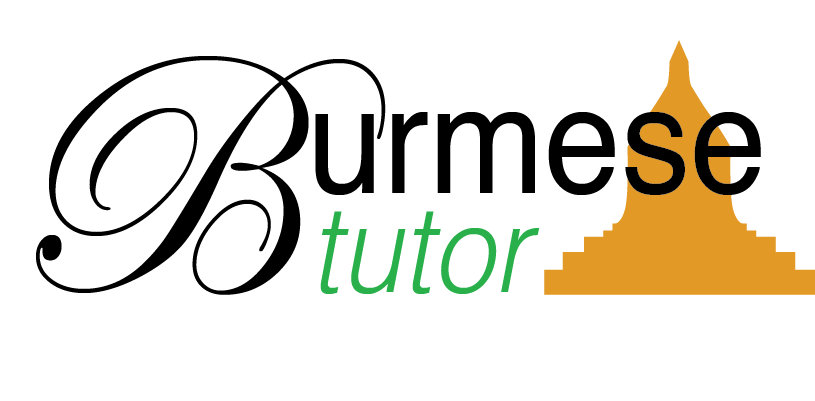Essential Myanmar Words and Phrases for the Language-Savvy Traveler
As a foreigner in a foreign land, it’s of essence that you have a list of good-to-know phrases that can help you out in the majority of situations. Although more and more people are learning English, most people in Myanmar still have limited language abilities, and so it’s even more important to know a little bit of the Burmese language. Lots of Burmese people are happy to hear foreigners try to speak their language! So don’t be afraid to try out some of these essential Myanmar words and phrases during your trip to Burma.

1. Hello! – Min ka lar ba – မင်္ဂလာပါ
The word “hello” is an essential one in any language. And of course the same is true in Burmese! “Min-ka-lar-ba” means “hello” in the Myanmar language, and it’s the regular greeting used in Myanmar today. But it wasn’t always that way! It was in the 1960s that this word came into common usage in Myanmar; before that saying “hello” was rather different. The word “min-ka-lar-ba” literally means “auspiciousness” in Burmese, and it’s meant to wish the other person good luck and a happy day.
2. Please/Thank You – Je zu phyu yway/Je zu tim bar day – ကျေးဇူးပြု၍ / ကျေးဇူးတင်ပါတယ်
In Burmese culture please’s and thank you’s aren’t as common as they are in western cultures, but even still, going the extra mile to be polite and courteous really makes a difference! The full phrase for “thank you” is “je zu tim ba day”, but the shortened (and somewhat easier) version is “je zu ba”. Both are totally fine to use on your trip to Myanmar! The Burmese locals will certainly be pleased and surprised with your Myanmar language skills.
3. I like it/I don’t like it – Chaik tdae/Ma chaik bu – ကြိုက်တယ် / မကြိုက်ဘူး
Obviously it’s important to be able to express whether you like or don’t like a food, a clothing item, or a hotel room. If you’re invited to have some traditional Burmese food, don’t be afraid to express how much you like a particular dish by saying “chaik tdae”! Of course, it’s also fine to tell your hosts “ma chaik bu” if you don’t like a specific food and you want to avoid it (or if you’re allergic and don’t have any other words). Burmese hosts love to feed their guests well, though, so be sure to accept food graciously if you’re invited to dinner!
4. I want it/I don’t want it – dee loat chin tdae/dee ma loat chin bu – ဒီလိုချင်တယ် / ဒီမလိုချင်တယ်ဘူး
This is an essential Myanmar phrase for shopping, whether it be for clothes or fruit, it’s necessary to know how to say that you want (or don’t want) something. So if you’ve spied a pair of super cool pants or a longyi, or you want to try a new fruit you’ve never seen, tell the shopkeeper “dee loat chin tdae” to let them know you’re ready to buy.
5. Where is (location)? – (location) be hma le – (location) ဘယ်မှာလဲ
Knowing how to ask where something is is obviously one of the most important things to learn in a new foreign language, especially if you’ll be travelling through a country where that language is spoken. Even if you don’t know the Myanmar word for a particular location, this phrase alone will be enough to help you find where you’re going! Burmese locals are extremely friendly and ready to help, so don’t be shy in asking for help finding your way through Myanmar.
6. How much is it? – da be lout le – ဒါဘယ်လောက်လဲ
Most of the merchandise in Myanmar isn’t labeled with a price tag, so before you travel to Burma it’s smart to learn this Myanmar phrase first. Lots of shopkeepers have a calculator or their phones (or even a piece of paper) that they’ll use to communicate the price if you don’t know the Burmese numbers. Most Burmese locals will be happily surprised to hear you utter this invaluable phrase!
7. I don’t speak Burmese. – bama-za-ka ma pyau pa bu – ဗမာစကားမပြောပါဘူး
Maybe after you’ve tried out a few of your Myanmar phrases some of the people you’re talking to begin to think that you speak more Burmese than you actually do. It’s okay to let them know that “bama-za-ka ma pyau ba bu”! They’ll appreciate the honesty, and probably congratulate you on the few phrases you do know in Burmese. Very few visitors attempt to learn the Myanmar language, so your efforts will be praised.
8. Do you speak English? – ingele-za-ka pyau lar – အဂ်လိပ်စကားပြောလား
If you have a more complicated question or need, obviously you’re going to need to be speaking in a language you know to someone who can understand. So if you need some serious assistance, go ahead and ask a Burmese local “ingele-za-ka pyau lar”. In case you noticed, the word “za-ka” appears in both this essential phrase as well as the last one! That’s because “za-ka” means language, and is suffixed after every language name.
9. I have a question – mae kwin shee tdae – မေးခွန်းရှိတယ်
This is of course a phrase that every traveller and language learner needs to have available in their back pocket for many situations. Stating that you have a question alerts the person you’re talking to of your intentions, which eases the path for better communication. And, if you have this Burmese language phrase memorized well, saying it will give you a second more time to prepare your question effectively.
10. Where is the bathroom? – ein tha kin be-hma le – အိမ်သာခန်းဘယ်မှာလ
Every traveller knows the urgency of needing a bathroom but not being able to ask where one can be found. In the Myanmar language, you can ask “ein tha kin be-hma-le” to find the nearest bathroom. Essential Phrase number 5 helps you ask where things are… do you see the “be-hma-le” at the end of this question? That’s the “where is”! Therefore, the word for bathroom in Burmese is “ein tha kin”.
Now that you’re armed with some of the most essential Myanmar language words and phrases, you’re prepared for your Burmese adventure! There are a lot of amazing things to see and do in Myanmar, and having a little knowledge of the Burmese language can really spice up your trip and make it truly incredible.
Interested in learning more Burmese? Contact Burmese Tutor today to set up your first lesson and get started learning the language of Myanmar!
